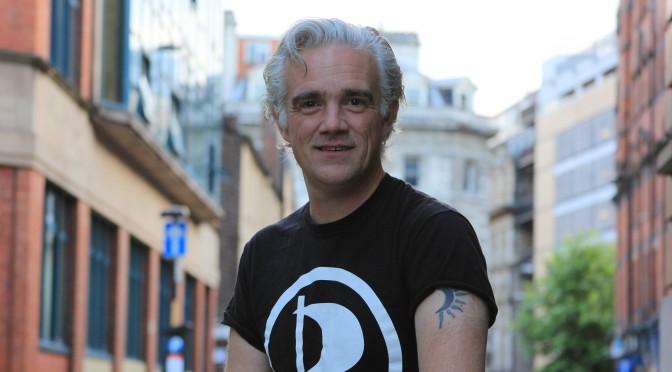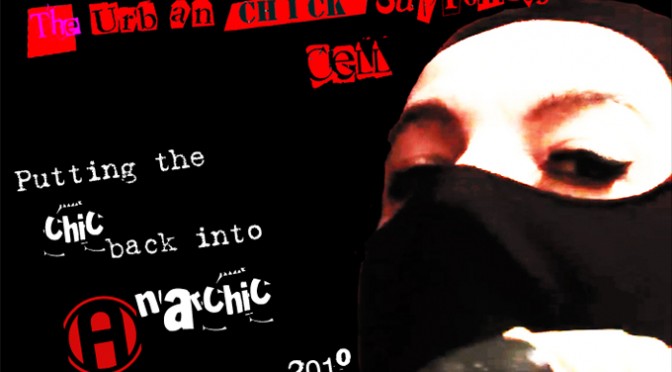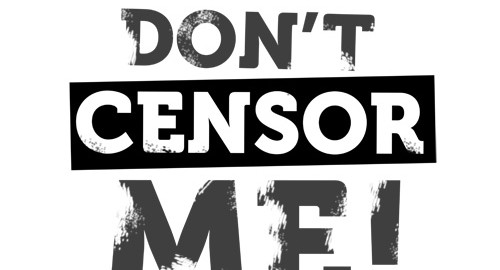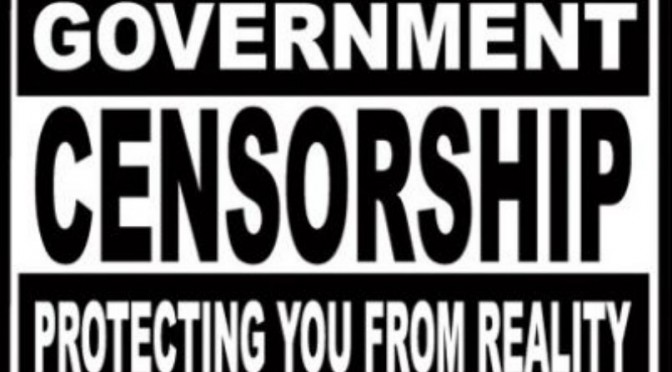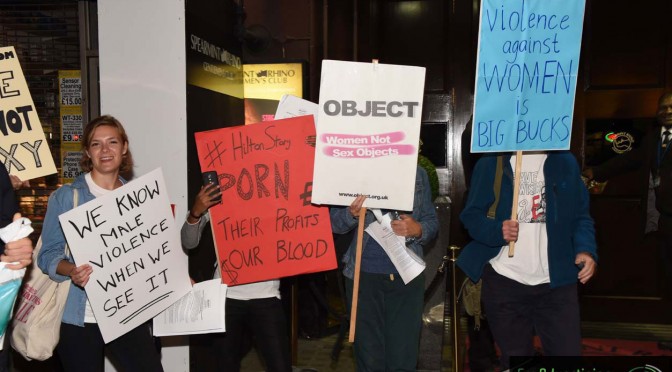The following is taken from a press release received today from the English Collective of Prostitutes. Increasingly, sex workers are being presented as victims who have no control over their lives, and thus the state is urged to step in and “rescue” them – which in practise, means arresting them and preventing them working, publishing their photos in the press to shame them, and deporting them if they are illegal immigrants.
PROSTITUTION: FACT AND FICTION
CLAIM #1: 80% of women in prostitution are controlled by traffickers.
FACT #1: This is a lie. Less than 6% of sex workers are trafficked. “Many migrants prefer working in the sex industry rather than the “unrewarding and sometimes exploitative conditions they meet in non-sexual jobs”.
CLAIM #2: The average age of entry into prostitution internationally is 13 years old.
FACT #2: This statistic is a lie. It comes from a survey of YOUNG PEOPLE under 18 years old.
CLAIM #3: 50% of women in prostitution in the UK started being paid for sex acts before they were 18 years old.
FACT #3: This statistic is misleading. It fosters the view that many sex workers started as children which is reinforced by the oft quoted erroneous statistic that the “average age of entry into prostitution is 13″. In fact, the same survey found 80% of female sex workers in the UK started working over the age of 16. A survey of adult sex workers in Stockton found that the average age of entry into prostitution was 20.
CLAIM #4: 95% of women in street prostitution are problematic drug users.
FACT #4: This figure is unreliable. It comes from Home Office funded “exiting and support projects”. Sex workers who don’t use drugs have little contact with these projects and are unlikely to be surveyed. There are no reliable figures of drug use among sex workers and therefore no evidence that the rate of drug use is higher than among journalists, politicians or celebrity chefs.
CLAIM #5: The Swedish law that criminalised clients whilst decriminalising street workers is a successful model; there is a decrease in prostitution and trafficking.
FACT #5a: There no evidence that trafficking, rape and other violence has decreased in Sweden. However, recent research shows that sex workers face increased stigma and are more vulnerable to violence.
FACT #5b: There is no reliable evidence that the Swedish law has resulted in a reduction in prostitution. One oft quoted statistic is from a survey that found the number of men saying they buy sexual services has decreased from 14% in 1996 to 7.9% in 2008. How can this be trusted when buying sex was not criminal in 1996 so there were less reasons for men to lie? The Swedish National Board of Health and Welfare found it was “difficult to discern any clear trend” up or down. Evidence of an increase in massage parlours in Stockholm is ignored.
CLAIM #6: Decriminalisation does not work.
FACT #6: This is not true. New Zealand decriminalised in 2003 with verifiable improvements in sex workers’ health and safety. The law removed prostitution from the criminal law, allowed people to work together collectively, and distinguished between violence and consenting sex. It reinforced offences against compelling anyone into prostitution, stating a specific right for sex workers to refuse any client. A comprehensive five-year government review found: no increase in prostitution, no increase in trafficking; drug users treated as patients not criminals; sex workers were more able to report violence and leave prostitution if they choose.[x] Legalisation (like in Germany, Nevada and the Netherlands) is state-run prostitution which sets up a two-tier system where the most vulnerable workers remain illegal. It is opposed by most sex workers.
Decriminalisation has received vocal support from World Health organisation, UNAids, Human Rights Watch, Global Alliance against Trafficking in Women and 100s of other organisations worldwide.
CLAIM #7: 68% of women in prostitution experience post-traumatic stress disorder.
FACT #7: This figure is absurd! Researcher Melissa Farley and this research were reprimanded by Canadian Supreme Court Judge Himmel because Farley “failed to qualify her opinion regarding the causal relationship between post- traumatic stress disorder and prostitution, namely, that it could be caused by events unrelated to prostitution.”
CLAIM #8: Once in prostitution, 9 out of 10 women report wanting to exit but feel unable to do so.
FACT #8: Another absurd statistic from the discredited Ms Farley. Even if it were true, it could as easily be claimed that once in factory, office, agricultural and domestic work: “9 out of 10 women report wanting to exit but feel unable to do so.” Financial alternatives and resources for women, not abolition of prostitution would better address this.
CLAIM #9: 70% of sex workers spent time in care.
FACT #9: This statistic is untrue. It is based on studies of YOUNG PEOPLE who were“more likely to have had a background of troubled family relations or the care system than adults involved in sex.”
CLAIM #10: Over half of women involved in prostitution in the UK have been raped and/or sexually assaulted — the vast majority of these assaults perpetrated by sex buyers.
FACT #10: This figure may be true. It is a survey of women working on the STREET. Sex workers experience high levels of rape and other violence but this does not mean that prostitution is violence.
Using violence to justify the criminalisation of clients is deceitful as it ignores evidence that criminalisation forces sex workers to work in isolation at greater risk of attack. Women Against Rape report that 1 in 4 women have been raped and that only 6.5% of reported rapes result in convictions. Police time and resources are desperately needed to focus on the investigation of actual violence not the policing of consenting sex.
FACT #11: Prostitution is about ….. money!
The majority of sex workers are women and men (including transgender women and men) who decided to sell sex in order to escape poverty or “achieve a better standard of living for themselves”. 74% of off-street sex workers “cited the need to pay household expenses and support their children”.

